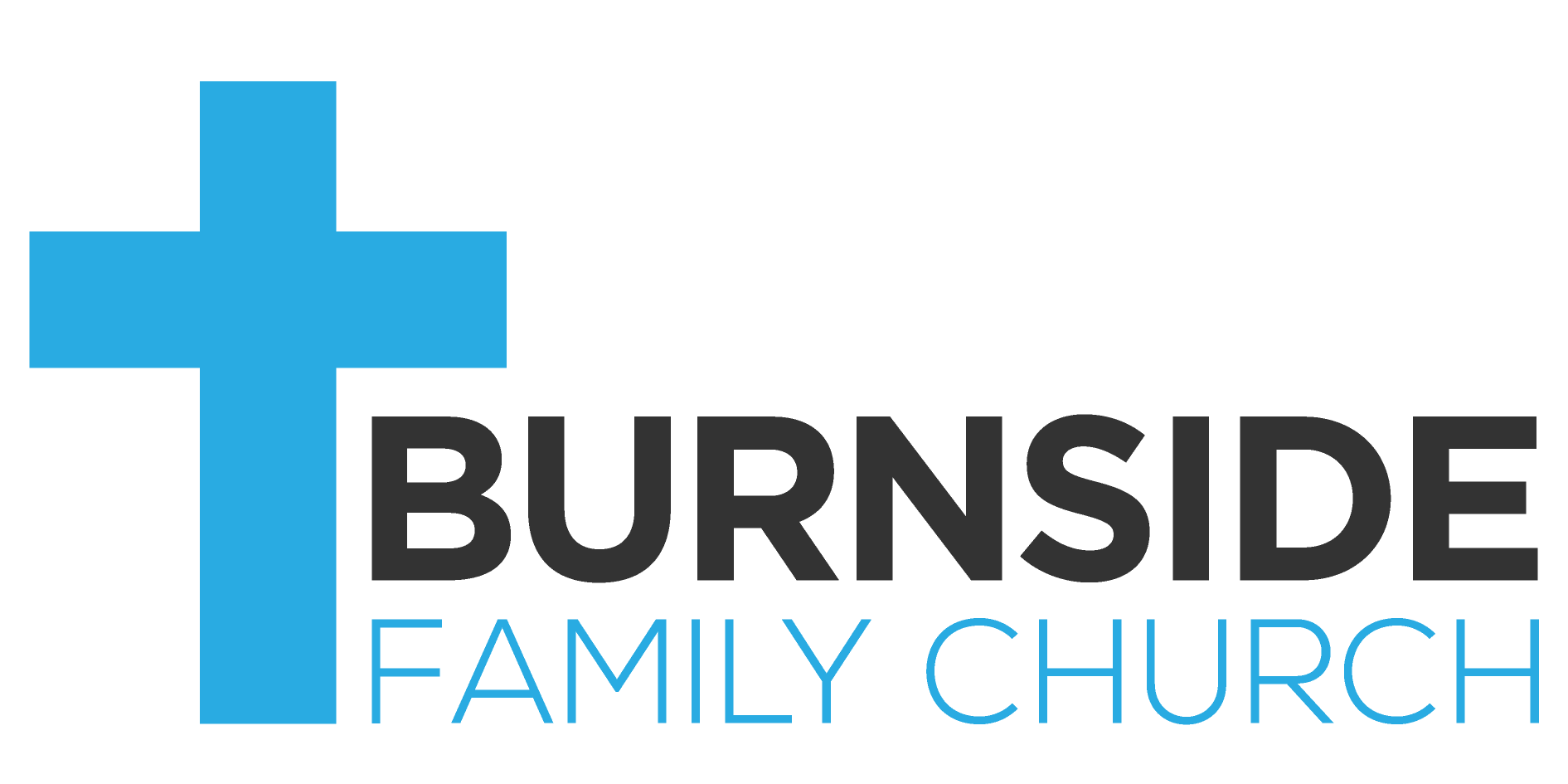Matthew 8:1-17 The Messiah Healing the Marginalized - by Jeff Byerley
Study on Matthew 8:1-17 The Messiah Healing the Marginalized
Outline of Passage
8:1-4 Jesus heals a leper.
8:5-13 Jesus heals a Gentile.
8:14-15 Jesus heals a woman.
8:16-17 Jesus heals many.
Our Reflections
1. Why did Jesus risk his reputation in touching a leper (8:1-4)?
2. What authority did the centurion recognize in Jesus (8:5-13)?
3. Peter's mother-in-law's exemplary response to Jesus' healing (8:14-15).
4. The wonder of Jesus' healing, compassion and power (8:16-17).
Our Conclusions
Why did Jesus risk his reputation in touching a leper (8:1-4)?
Lepers were outcasts from society and lived very pitiful lives ending in horrible deaths. As the “unclean” they were prohibited from entering the Temple and were required to keep six feet away from people. Some rabbis bragged about how they would drive them away with stones. Anyone who touched a leper was considered ceremonially unclean because the infection in the leper may go into that person. However, in Jesus' case, it was the healing cleanliness going out from Jesus into the leper. Note Jesus instructed him to go through the process of examination by a priest, so that he may enjoy society once again, another important part of his healing.
What authority did the centurion recognize in Jesus (8:5-13)?
The Centurion recognized that Jesus had power from God over illness and demons. Just as the centurion could command authority over men by a mere word, so too could Jesus exercise authority over illness and demons by a mere word, even over long distances. Jesus was astonished at the centurion's faith. He used this to note how Gentiles will come from east and west to join the Kingdom of God (Gen.12:1-3, 28:14, Isa. 43:5). He compared this with the tragedy of those Jews (“the sons of the kingdom”), who would be cast out into out darkness, because of their lack of faith in Jesus. We reflected upon the fact that whenever centurions are mentioned in scripture, they are described as honorable. Centurions were so-called because they were in charge of 100 soldiers. The were men of valour, the backbone of the Roman army. Yet this centurion was a believer and he was concerned for his slave. (The Greek is “pais” for boy.) Usually a slave was considered only a living tool that could be disposed of if he or she became ill. But this centurion so cared for this servant that he approached Jesus, in full confidence that he would heal him. We found so many astonishing aspects in this account.
Peter's mother-in-law's exemplary response to Jesus' healing (8:14-15).
Jesus had been at work all day, but when he came back to Peter's home, he immediately applied himself to the healing of the fever suffered by Peter's mother-in-law. Her response was to immediately arise and be a servant to Jesus and the others, a true servant of the church. We reflected on our lives, we who have been healed from the slavery of sin. A fitting response is to immediately and wholeheartedly serve the Lord.
The wonder of Jesus' healing compassion and power (8:16-17).
Many came after sunset to be healed and have demons cast out. Luke chapter 4 gives further details of these events. He reveals that they came after sunset because it had been the Sabbath. Such was Jesus' compassion that he refused to rest or sleep until all who came to him were healed. So it is today.
